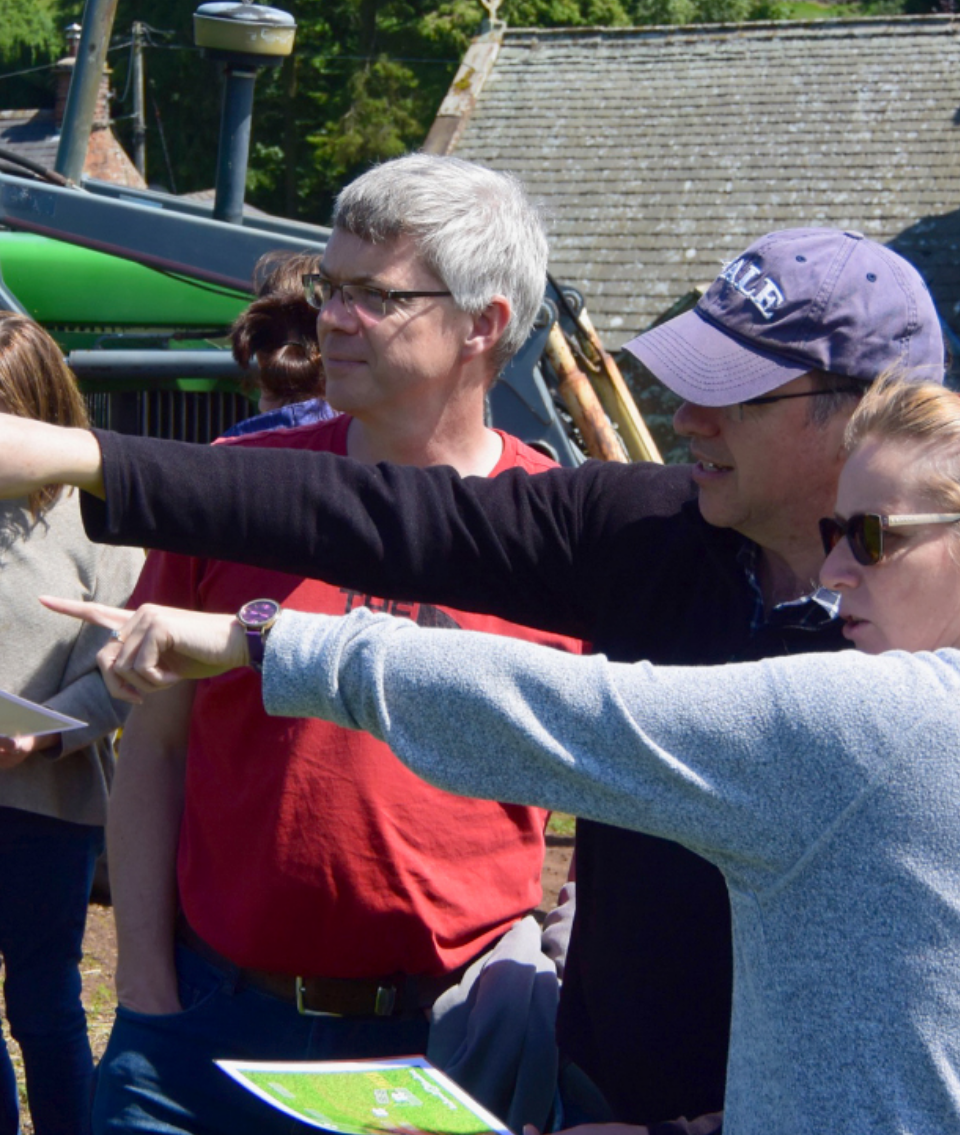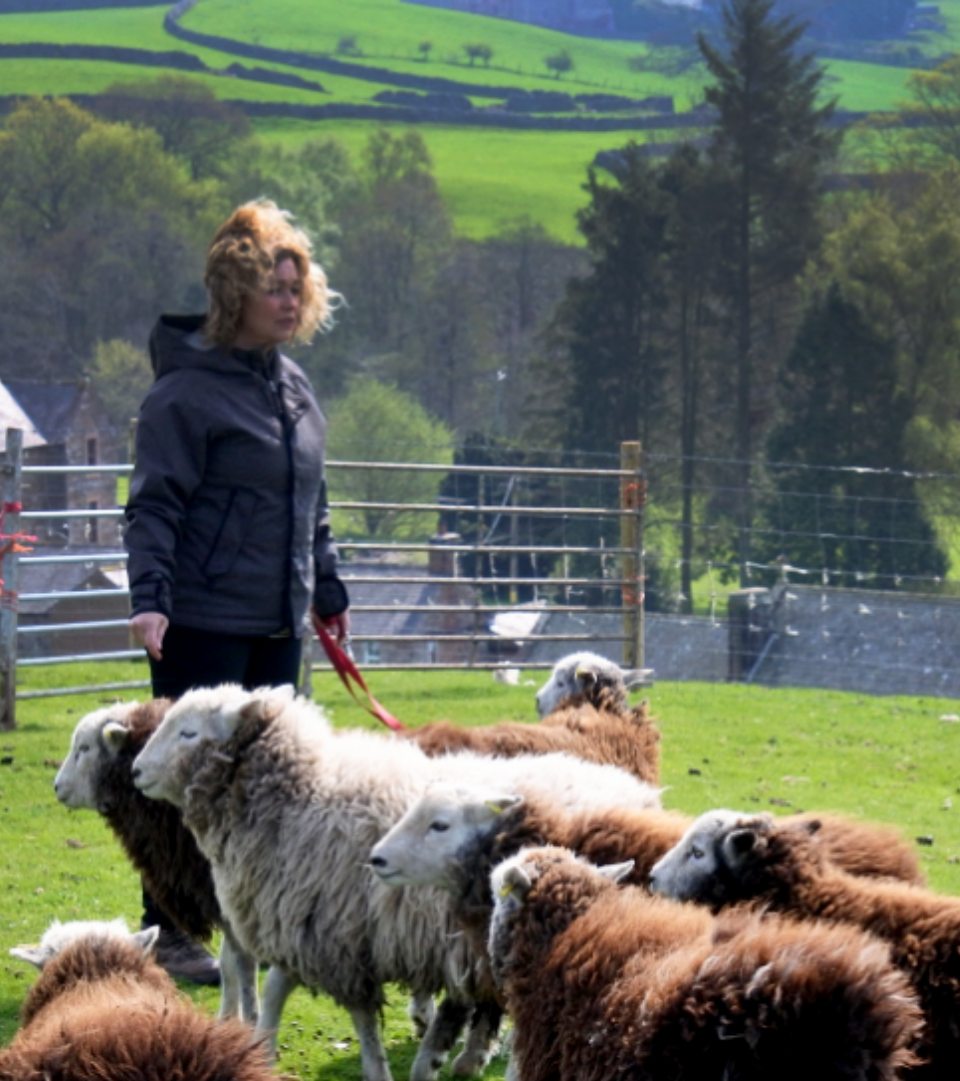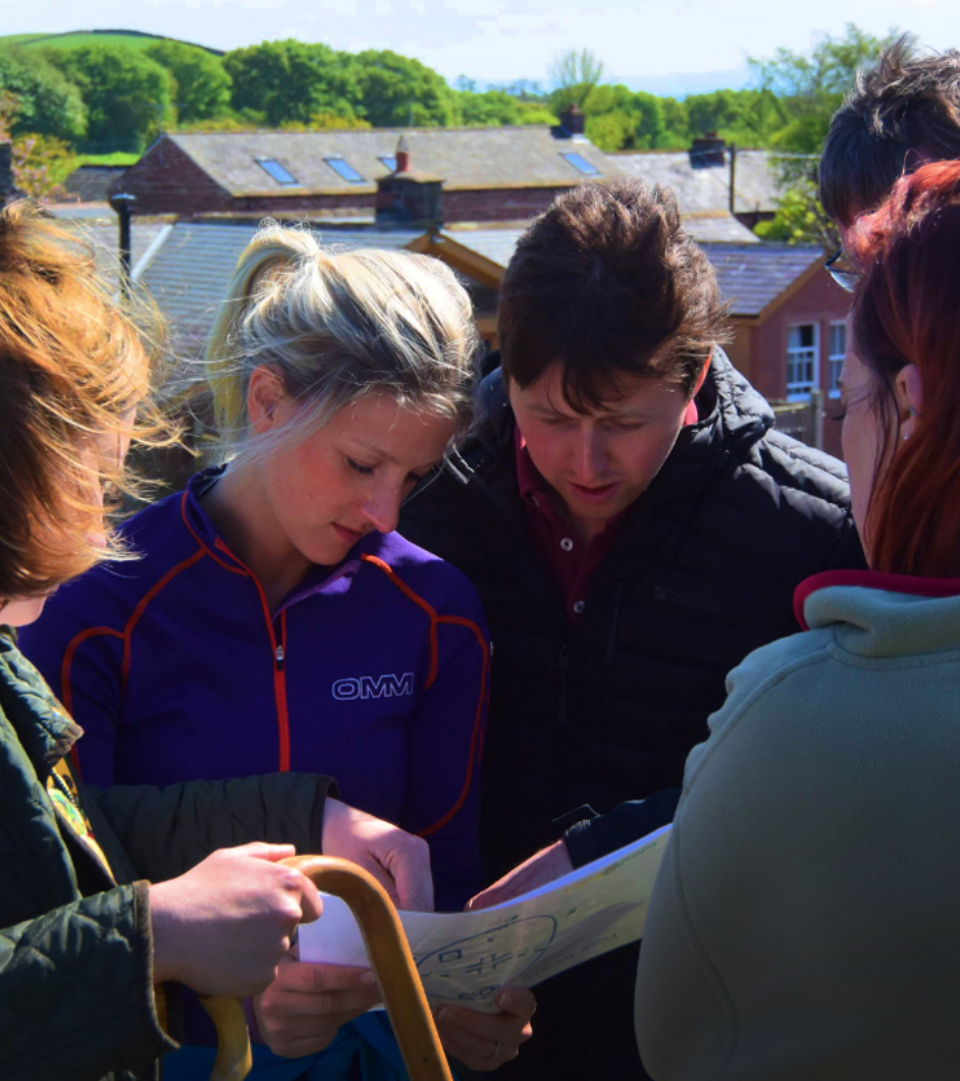Next excellence for leadership & team performance
The Wirral Integrated Care Partnership (ICP) – supported by the emerging Cheshire and Merseyside ICS – leadership team wanted to ensure that citizens receive the best experience – the right care, at the right time, in the right place. Systems Leadership and how leaders collaborated and work together were identified as key to the successful implementation of the model of place-based care. Working in partnership, and commissioned and sponsored by NW Leadership Academy, ICE created a journey to support the ICP’s senior change team in developing the knowledge, skills and confidence to lead together at their best.
The Challenge
The ICS needed an approach to address the requirements of facilitated support for the Wirral ICP Senior Change team; a pan-system team of senior leaders recently brought together to facilitate the transformation agenda across the Wirral system. This group had previously undertaken leadership development however the shifts in behaviour were not evident that were needed or expected, with the added complexity of virtual working and the COVID pandemic, there was a need for lead teams to be highly collaborative and decisive.
The Solution
The approach taken was to focus on an experiential route with an emphasis on sharing knowledges and experiences between leaders with action learning sets and interactive workshops to embed leadership and management development through focused doing. A fundamental module of the programme was a Natural Leaders accelerator experience at our leadership development centre in Cumbria, Eden Valley. The rationale was based on three compelling factors:
1 - Increasing Self-Awareness
In order to grow and develop, people must leave the familiarity of their comfort zone and ‘stretch’ themselves. In fact, the downside of comfort is boredom and stagnation.
New situations challenge us to think differently and to develop new skills; this keeps us sharp and motivated.
Excessive challenge causes ‘panic’, triggering our fight, flight or freeze responses.
Under controlled conditions we learn more by pushing ourselves but we also learn where our own personal ‘line-in-the-sand’ is, only by approaching that line do we truly know where it is and what we’re capable of.
2 - Team Development
Taking your team into the outdoors provides a mutual experience that establishes key fundamentals of team work – good communication, trust, common goals and support – from the first minute, not easy to do within a classroom environment.
Team working is often misunderstood – too many simply associate it with creating a ‘nice and friendly’ atmosphere. There is much more to it than that, but the message is simple – the more time you spend developing and engaging your teams the more success you will have.
Having a fantastic outdoor experience is one thing, indeed there are many organisations that will happily offer you this experience and charge you a lot of money to do it, but few ensure that you and your team will also know how to apply what has been learned back in the world of work.
3 - Leadership Development
The fundamental philosophy we work with is that leadership can be learned-even by those who don’t think they have an innate ability to lead, but ask anyone and they’ll have an opinion on what good leadership is.
The key to leadership development is practice. Using the experiential learning model developed by David Kolb, we give participants more responsibility each day so that they become comfortable making decisions, acting upon them, and reflecting on their outcomes. Participants might start with small choices, such as when and for how long the hiking group will take a break, and end with big decisions like mapping out and executing an unsupervised off-trail excursion … not something I’ve ever seen PowerPoint do!
In our experience, the best leaders learn by doing, learn by succeeding and learn by failing.
Your Natural Leaders - 2-day workshop
Team were given homework before attending the working sheep farm, completing person centred insight diagnostic tools to identify leadership values via Talent Map, and energy and team player values through Culture Map diagnostics. Clean language facilitation was used to explore the current state of the implementation of a place-based care system and what it would be like at its best.
The leaders were introduced to the model of supportive choice. The model focuses on how leaders can support positive decision making by making an option appealing, whilst reducing the appeal of alternatives. The model was discussed by the team with the aim of identifying how they may apply it within their own role.
Clean facilitation was utilised to give each leader the opportunity to discuss how they work when they’re working at their best. This discussion was graphically scribed to provide a visual representation of the individuals’ ‘at my best’ model. These individual models provide key insights for the leadership team regarding how they can work together and also help the individual being modelled to understand what influences their ability to work at their best.

Group sheep work

Moving outside to the Cumbrian fells, the team were challenged with a range of activities designed to accelerate the leadership, teamwork and strategic thinking they had described. The leaders were split into 4 teams and given a task that they needed to execute as a team. The task was split into 6 stages and involved working together as a team to move a group of sheep through a series of obstacles.
During the task, the ICE team were observing to gain experiential evidence of how the leaders plan and complete a task together, how they observe others in action to learn from their experience, work together on a novel task in a novel environment, take on leadership roles as and when required (including how trust manifests during the task), react as a team when they lose control (including whether they have unfiltered conflict), react when team members make mistakes that interrupt task completion and how they celebrate successes.
Successful completion of this task requires the use of the 4 great functions of teams: teams who are successful at this task trust each other to lead at different times, commit to a plan of action and follow it through, they hold each other accountable to this plan and they engage in unfiltered conflict as and when it is required.
Working together – Cultivating the 4 functions of great teams
Moving inside to the development hub, the leaders were given a practical task and split into small groups to take what they had learnt and create a top line plan of how they can cultivate the 4 functions of great teams within their leadership groups. Each group were given 10-15 minutes to present back their plan.
The final session was designed to enable the leaders to commit to both what they will do next as a group and what they will do individually. The session started with the leaders taking 10 minutes to create a series of “I will” statements that outlined the actions they were committed to personally. The remainder of the session was a self-facilitated discussion regarding what actions the leadership group would commit to. The leaders developed a series of “we will” statements to outline the actions they committed to as a team.
The leaders committed to the next stages in the journey using the series of ‘we will’ statements: A baseline assessment of alignment, trust, confidence, motivation, commitment, perceived responsibility and readiness to lead was completed at the beginning of the journey, and was re-run 9 months on, with results highlighting a significant shift across the leadership team. The modular approach that ICE and Wirral ICS co-created instilled long lasting and positive individual development and team cohesion. and for the individuals involved made leadership natural.

“It was great to get away with my colleagues and form relationships with people I don’t get to see every day. It’s a safe environment that encouraged us to share real thoughts that we probably all have but don’t always feel comfortable enough to say. From this we were able to commit to action and we’re all connected to the same purpose going forward.”
Mike Chantler, Assistant Director of Communications and Engagement,
NHS Wirral